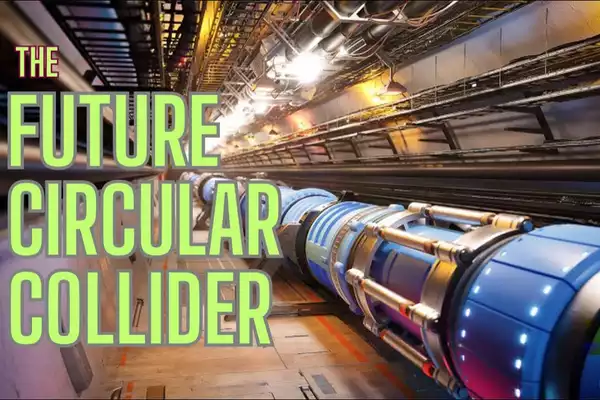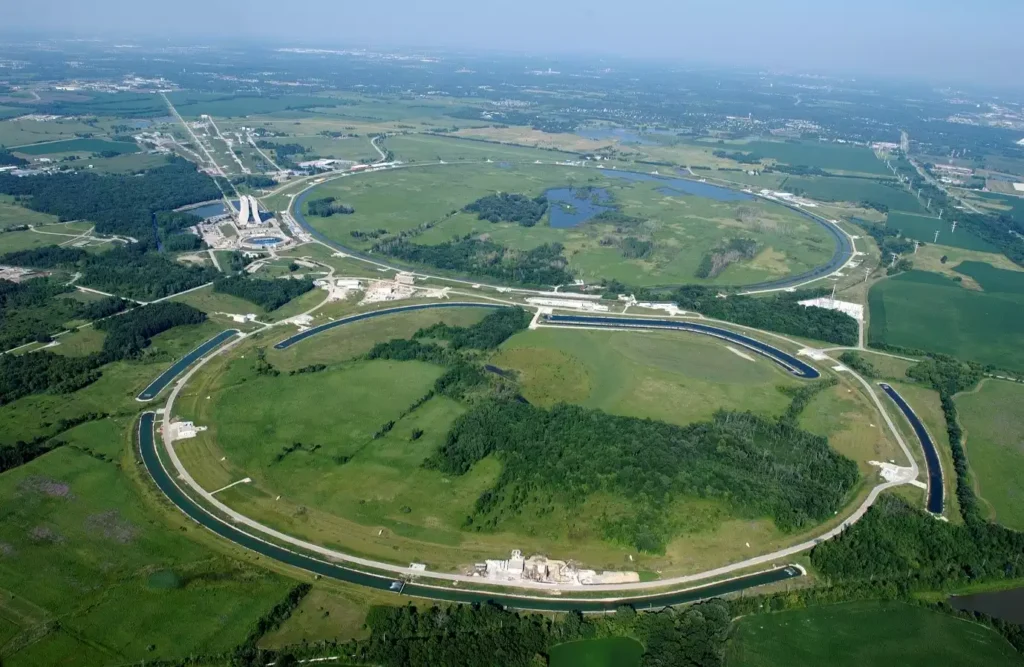Scientists at CERN are pioneering the Future Circular Collider (FCC) project, envisioning a monumental leap in particle physics research beyond the capabilities of the existing Large Hadron Collider (LHC).
About Future Circular Collider (FCC):
- The Future Circular Collider (FCC) is an international design study for a new particle collider.
- It is CERN’s envisioned project to build a larger and more powerful particle collider, surpassing the capabilities of the existing Large Hadron Collider (LHC).
- FCC aims to start operating in a first phase by 2040.
- The FCC aims to smash particles at higher energies, which could lead to the discovery of new particles and forces.
- The FCC aims to achieve particle collision energy levels of 100 TeV, approximately eight times more powerful than the LHC’s 13 TeV.
- This could help scientists understand some of the universe’s mysteries, such as dark matter, dark energy, and the matter-antimatter asymmetry
- CERN leaders see the FCC as a catalyst for innovation in areas such as cryogenics, superconducting magnets, vacuum technologies, and detector-instrumentation technologies.
What is a particle collider?
- A particle collider is a type of particle accelerator that uses charged particles to smash atoms into pieces.
- The accelerator uses electricity to push the charged particles along a path, making them go faster and faster.
- Colliders can be ring accelerators or linear accelerators.
- They bring two opposing particle beams together so that the particles collide.
- They are powerful research tools in particle physics because they reach a higher center of mass energy than fixed target setups.
- The Large Hadron Collider is the most powerful accelerator in the world.
- It boosts particles, such as protons, to a speed close to that of light, where they collide with other protons.
- These collisions produce massive particles, such as the Higgs boson or the top quark.
- Particle accelerators are also used for radioisotope production, industrial radiography, radiation therapy, sterilization of biological materials, and a certain form of radiocarbon dating.
Ref: Source
| UPSC IAS Preparation Resources | |
| Current Affairs Analysis | Topperspedia |
| GS Shots | Simply Explained |
| Daily Flash Cards | Daily Quiz |


